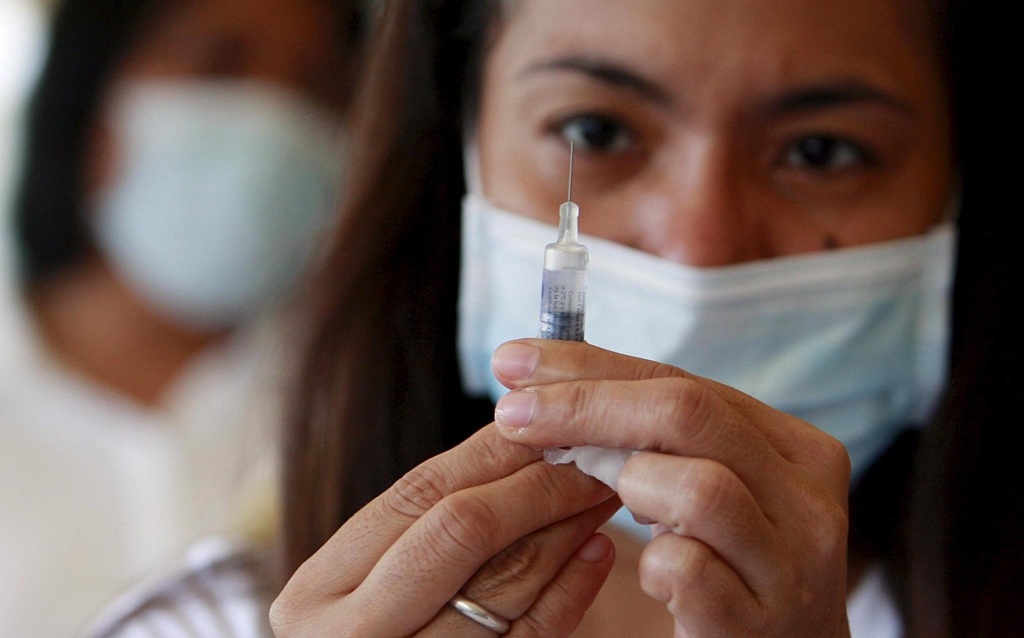-
Tips for becoming a good boxer - November 6, 2020
-
7 expert tips for making your hens night a memorable one - November 6, 2020
-
5 reasons to host your Christmas party on a cruise boat - November 6, 2020
-
What to do when you’re charged with a crime - November 6, 2020
-
Should you get one or multiple dogs? Here’s all you need to know - November 3, 2020
-
A Guide: How to Build Your Very Own Magic Mirror - February 14, 2019
-
Our Top Inspirational Baseball Stars - November 24, 2018
-
Five Tech Tools That Will Help You Turn Your Blog into a Business - November 24, 2018
-
How to Indulge on Vacation without Expanding Your Waist - November 9, 2018
-
5 Strategies for Businesses to Appeal to Today’s Increasingly Mobile-Crazed Customers - November 9, 2018
Leaky vaccines could lead to stronger viruses
In a study published in PLOS Biology, researchers led by Andrew Read, the Evan Pugh Professor of Biology and Entomology and Eberly Professor in Biotechnology at Penn State University and Venugopal Nair, the Head of the Avian Viral Diseases program at The Pirbright Institute studied Marek’s disease – a herpes virus that infects chickens.
Advertisement
They found that a “leaky” vaccine against Marek’s disease prevented treated birds from dying but allowed the virus to survive and kill unvaccinated birds.
“By keeping infected birds alive, vaccination substantially enhances the transmission success and hence spread of virus strains too lethal to persist in unvaccinated populations, which would therefore have been removed by natural selection in the pre-vaccine era”, Nair and his colleagues wrote in their paper.
Flawless vaccines are those that not only protect the vaccinated individuals, but also prevent the transmission of virus to others. The vaccine against avian influenza is a leaky vaccine, according to Read.
Marek’s is not the only nasty disease out there.
Read was studying vaccines that could combat malaria when he got interested in Marek’s disease, a highly contagious viral disease that affects chickens.
“The standard vaccines that are in current use are safe and effective, and not prone to cause the emergence of more risky strains of viruses”.
The research has implications for human health, as well.
Some human deaths from avian influenza virus have been reported in China.
Read sees this as crucial to the current attempt to develop an Ebola vaccine. “But the concern now is about the next-generation vaccines”.
There is a theoretical expectation that some types of vaccines could prompt the evolution of more virulent (“hotter”) pathogens. He said it is critical now to determine as quickly as possible that the Ebola vaccines that now are in clinical trials are not leaky – that they completely prevent the transmission of the Ebola virus among people.
To understand this, it’s necessary to examine the difference between “perfect” vaccines and “leaky” ones.
The researchers did not claim that the vaccine was directly responsible for increasing virus strength.
Culling is a more expensive process than using a leaky vaccine, he said.
Read also recommends vaccination for individual protection. Those who are not vaccinated will be exposed, without any protection, to the hottest strains of a virus.
“It’s important not to interpret this as an argument against vaccination”.
Advertisement
In addition to Read, other members of the research team include Susan J.





























